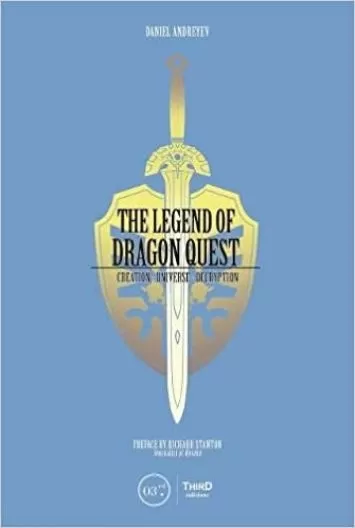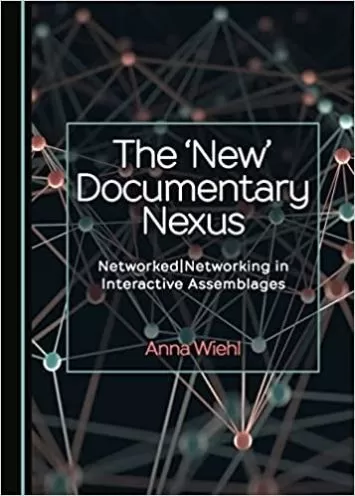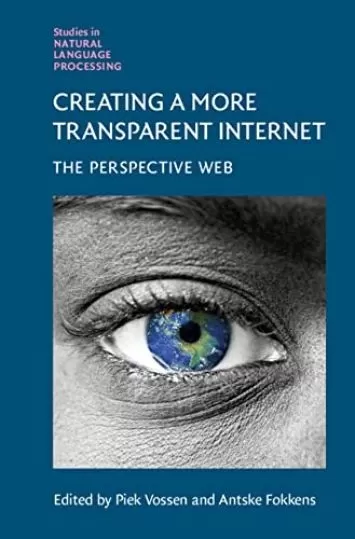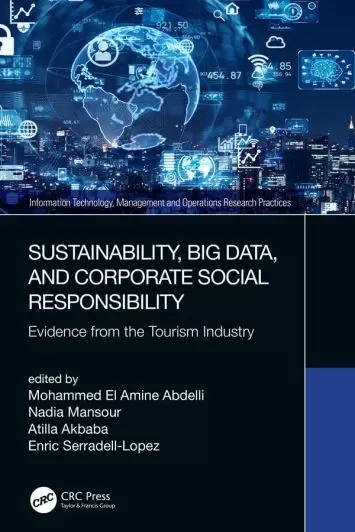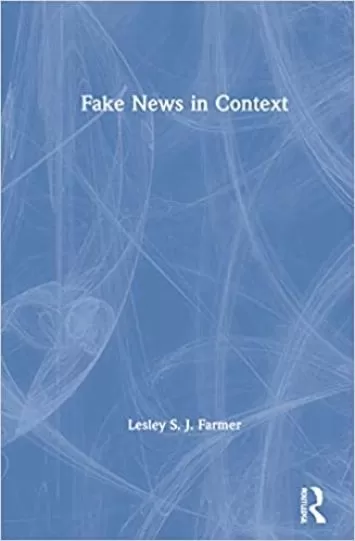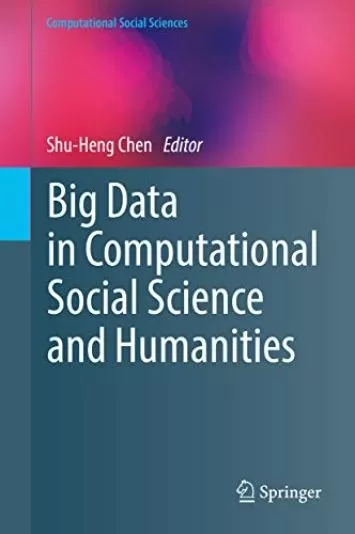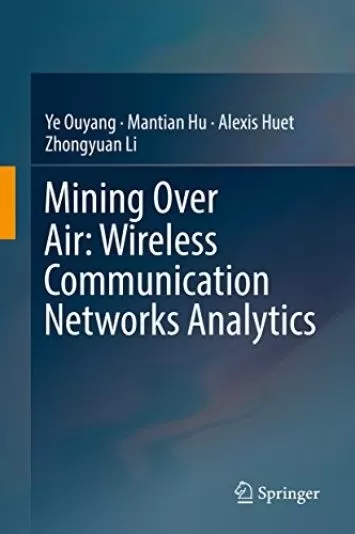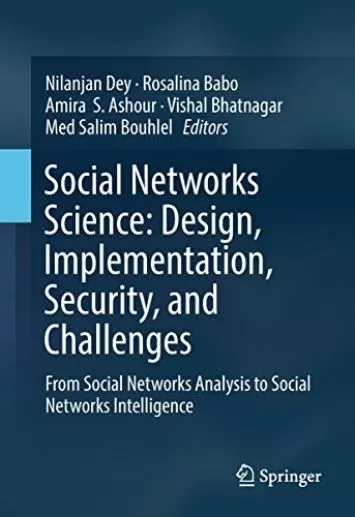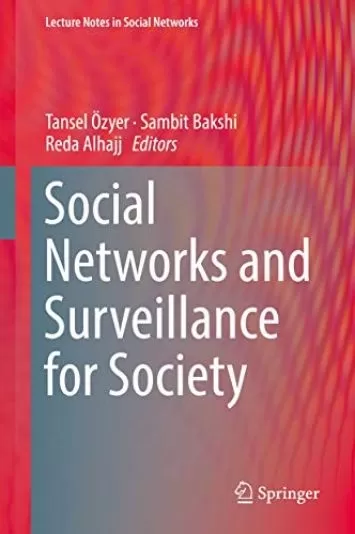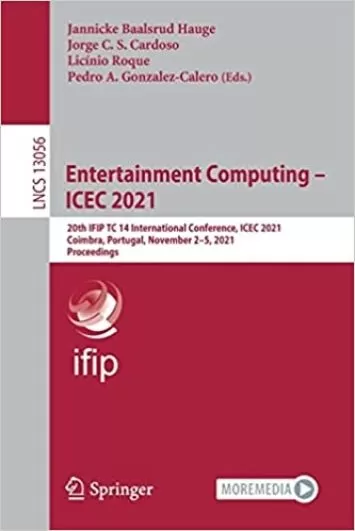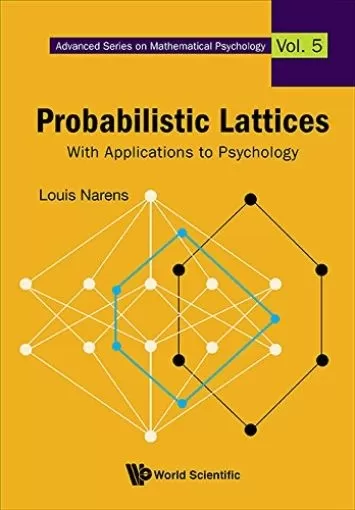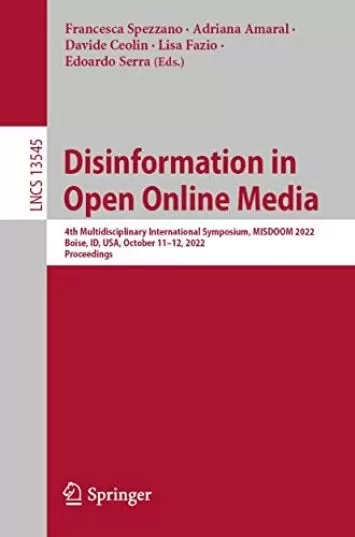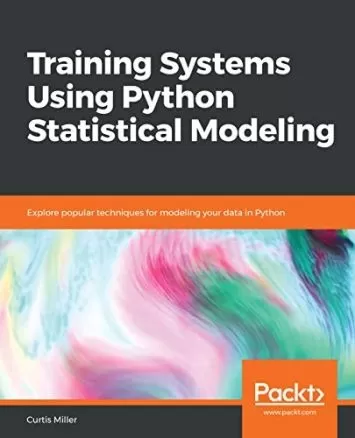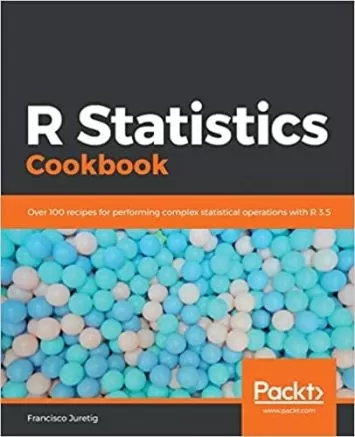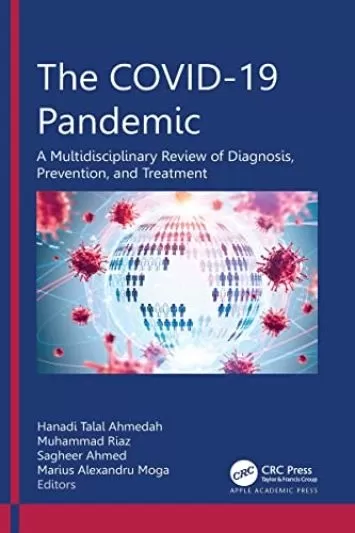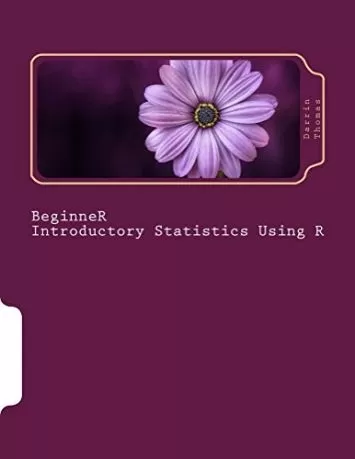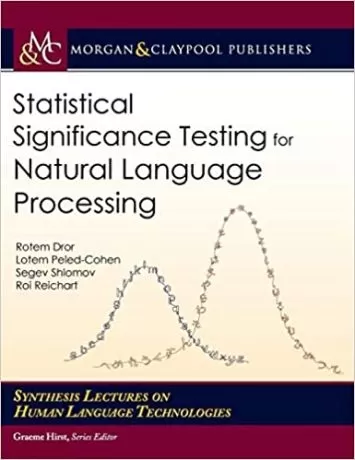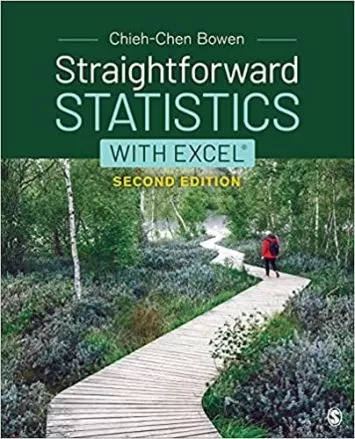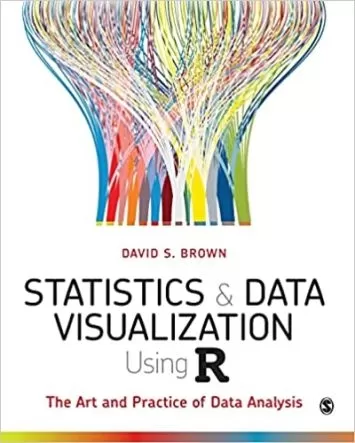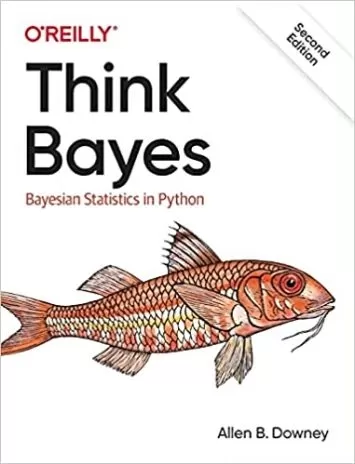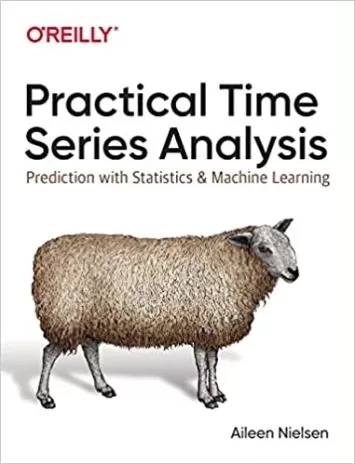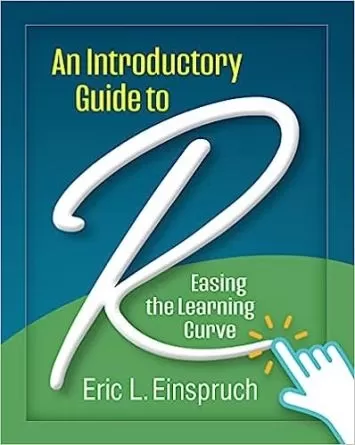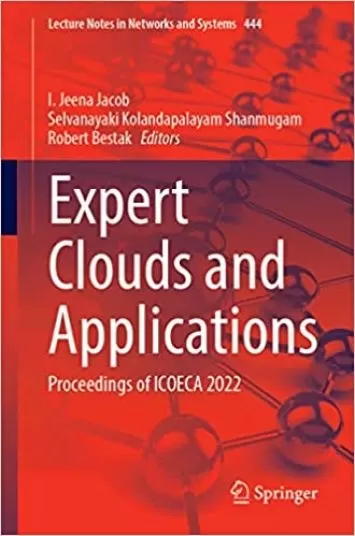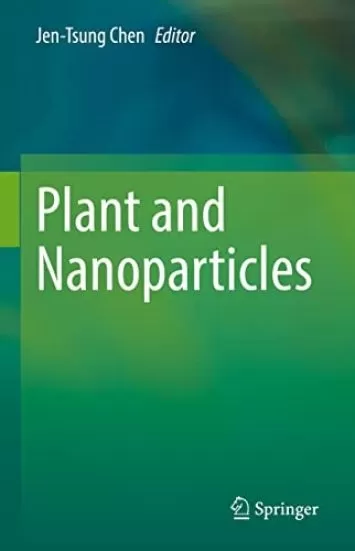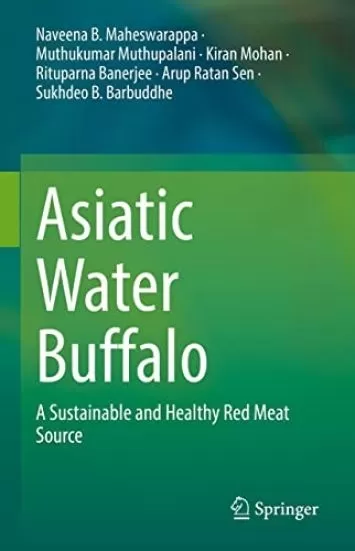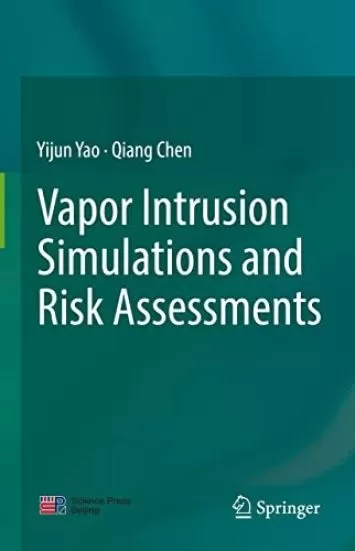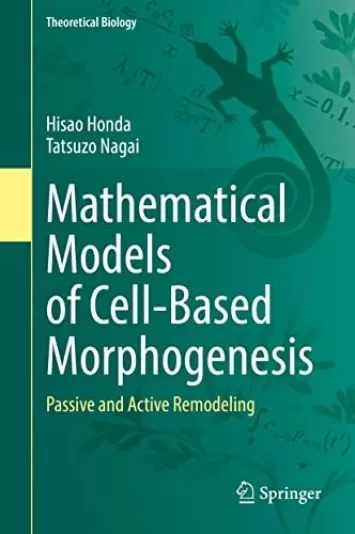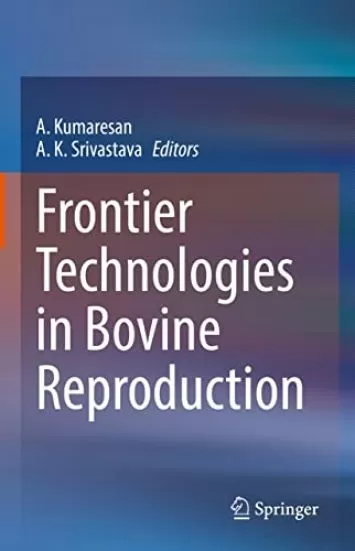
Complex Spreading Phenomena in Social Systems: Influence and Contagion in Real-World Social Networks (Computational Social Sciences)
Category
Author
Publication
Springer
From the Back Cover
This text is about spreading of information and influence in complex networks. Although previously considered similar and modeled in parallel approaches, there is now experimental evidence that epidemic and social spreading work in subtly different ways. While previously explored through modeling, there is currently an explosion of work on revealing the mechanisms underlying complex contagion based on big data and data-driven approaches.
This volume consists of four parts. Part 1 is an Introduction, providing an accessible summary of the state-of-the-art. Part 2 provides an overview of the central theoretical developments in the field. Part 3 describes the empirical work on observing spreading processes in real-world networks. Finally, Part 4 goes into detail with recent and exciting new developments: dedicated studies designed to measure specific aspects of the spreading processes, often using randomized control trials to isolate the network effect from confounders, such as homophily.
Each contribution is authored by leading experts in the field. This volume, though based on technical selections of the most important results on complex spreading, remains quite accessible to the newly interested. The main benefit to the reader is that the topics are carefully structured to take the novice to the level of expert on the topic of social spreading processes. This book will be of great importance to a wide field: from researchers in physics, computer science, and sociology to professionals in public policy and public health.
--This text refers to the paperback edition.About the Author
Yong-Yeol (YY) Ahn is an assistant professor at Indiana University School of Informatics, Computing, and Engineering. He worked as a postdoctoral research associate at the Center for Complex Network Research at Northeastern University and as a visiting researcher at the Center for Cancer Systems Biology at Dana-Farber Cancer Institute after earning his PhD in Statistical Physics from KAIST in 2008. He has made contributions in a variety of areas including the study of network community structure, information diffusion, and culture. He is a recipient of several awards, including the Microsoft Research Faculty Fellowship and the LinkedIn Economic Graph Challenge.
--This text refers to the paperback edition.








